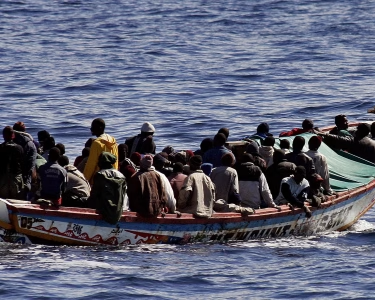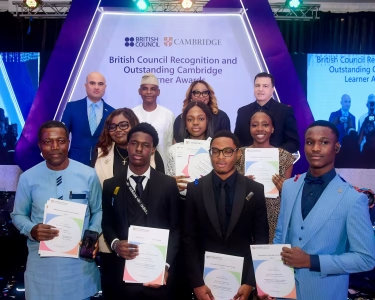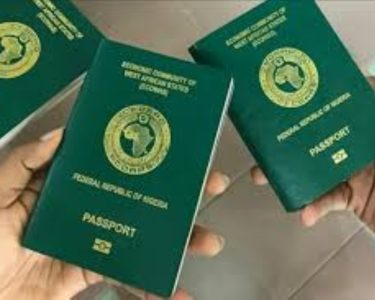Voters in Somaliland will head to the polls on Wednesday to elect a president at a time when the breakaway Somali region sees international recognition within reach after three decades of de facto self-rule.
Somaliland, strategically located near the entrance to the Red Sea, declared independence from the Mogadishu government in 1991. However, it has not been recognized by any other country, limiting its access to international finance and preventing its 6 million people from traveling freely. The government in Hargeisa is optimistic about finalizing a preliminary agreement signed in January with landlocked Ethiopia, which would grant Ethiopia access to coastal land in exchange for diplomatic recognition. Hargeisa is also hopeful that U.S. President-elect Donald Trump will be supportive of its efforts.
President Muse Bihi Abdi, who has been in power since 2017, is running for re-election against the main opposition party’s candidate, Abdirahman Cirro. The vote was originally scheduled for 2022, but lawmakers opted to extend Bihi’s term by two years. The candidates differ on domestic issues, but both have expressed support for the memorandum of understanding with Ethiopia. Mohamed A. Mohamoud, Somaliland’s representative to Kenya, told reporters that the government would finalize the deal after the election, regardless of who wins.
 Somalilanders had 12 hours to vote across roughly 2,300 polling stations, such as this one in Gabiley, May 31, 2021.
Somalilanders had 12 hours to vote across roughly 2,300 polling stations, such as this one in Gabiley, May 31, 2021.
The agreement has strained relations between Mogadishu and Addis Ababa, which contributes significantly to a peacekeeping force in Somalia, where Islamist militants are active. The deal has also led Somalia to strengthen ties with Ethiopia’s historical rivals, Egypt and Eritrea. Somaliland is optimistic that the incoming Trump administration will reconsider Washington’s longstanding recognition of Mogadishu’s sovereignty over Somaliland.
Several leading State Department officials who worked on Africa policy during Trump’s first term have publicly voiced support for recognizing Somaliland.


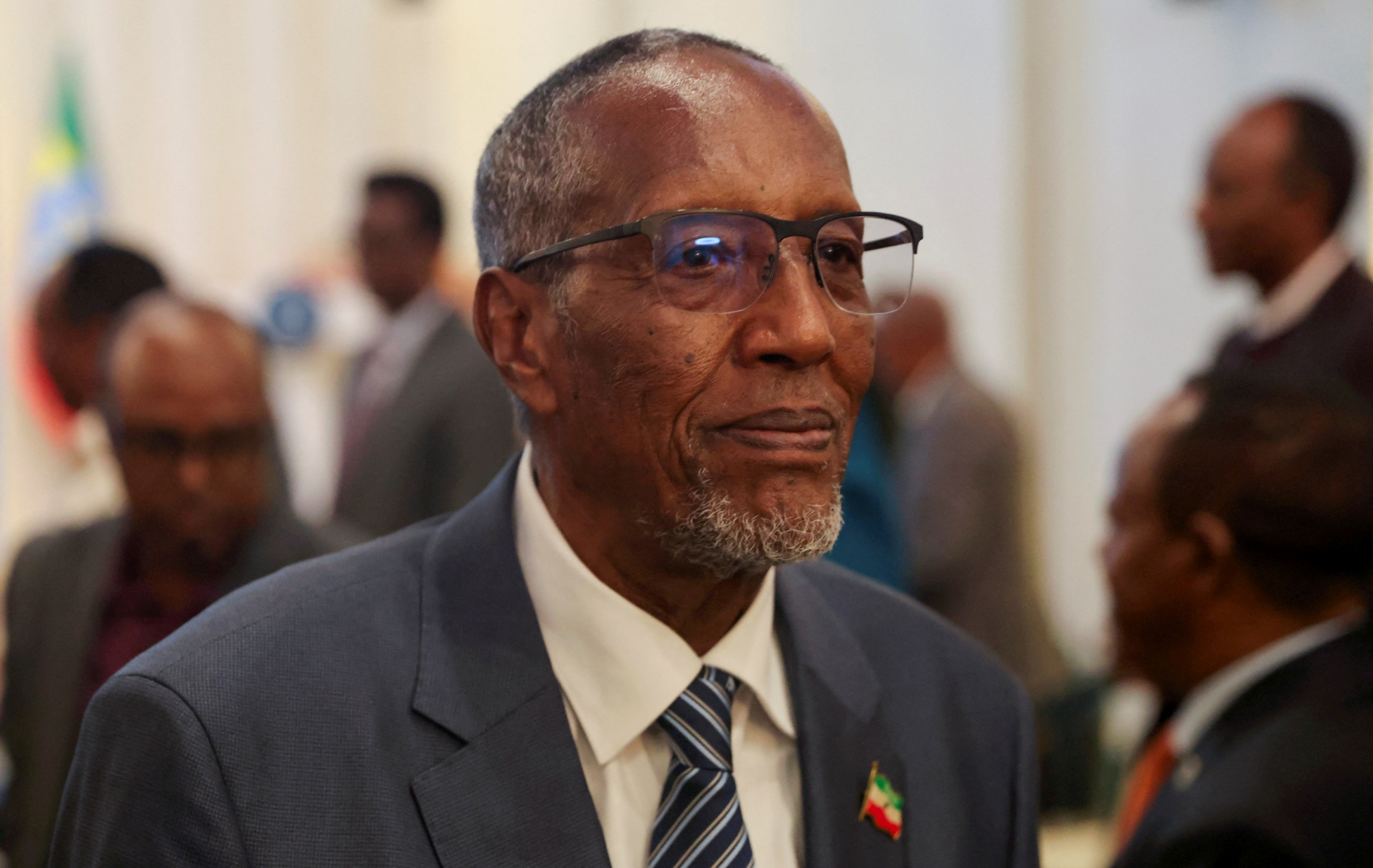

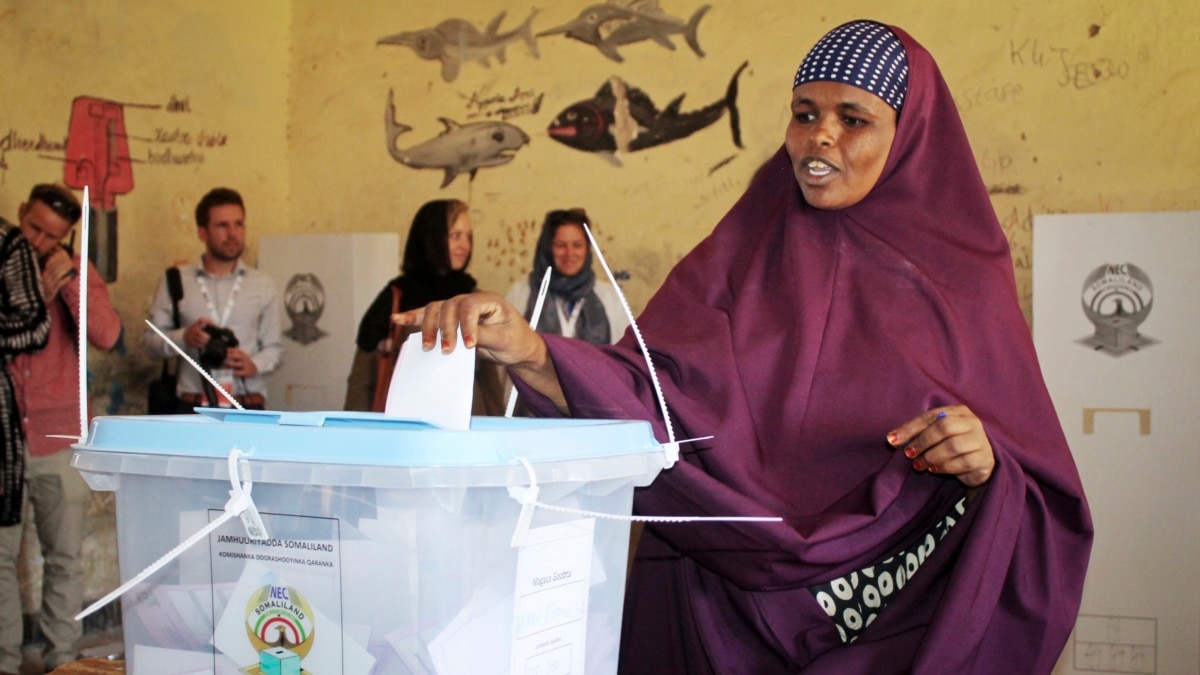 A woman casts her vote in the presidential election in Hargeisa, in the semiautonomous region of Somaliland.
A woman casts her vote in the presidential election in Hargeisa, in the semiautonomous region of Somaliland.
